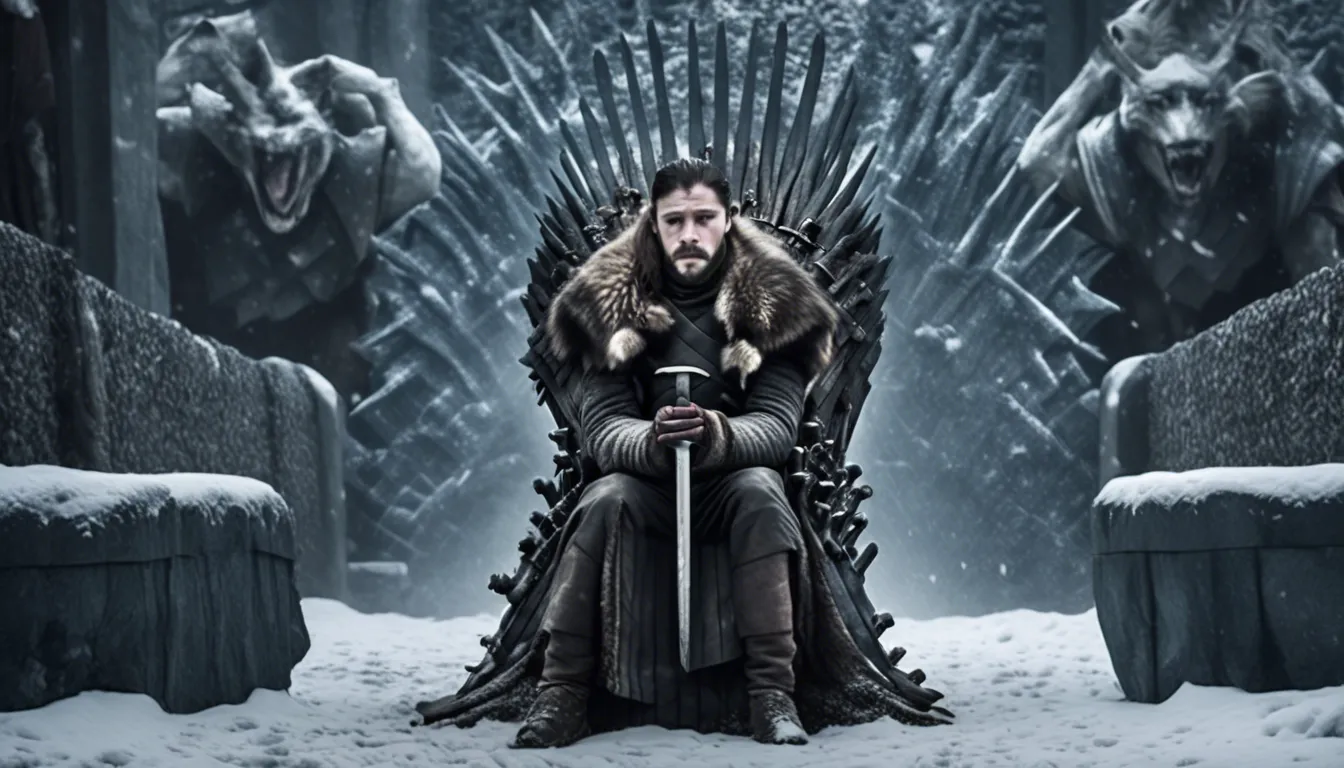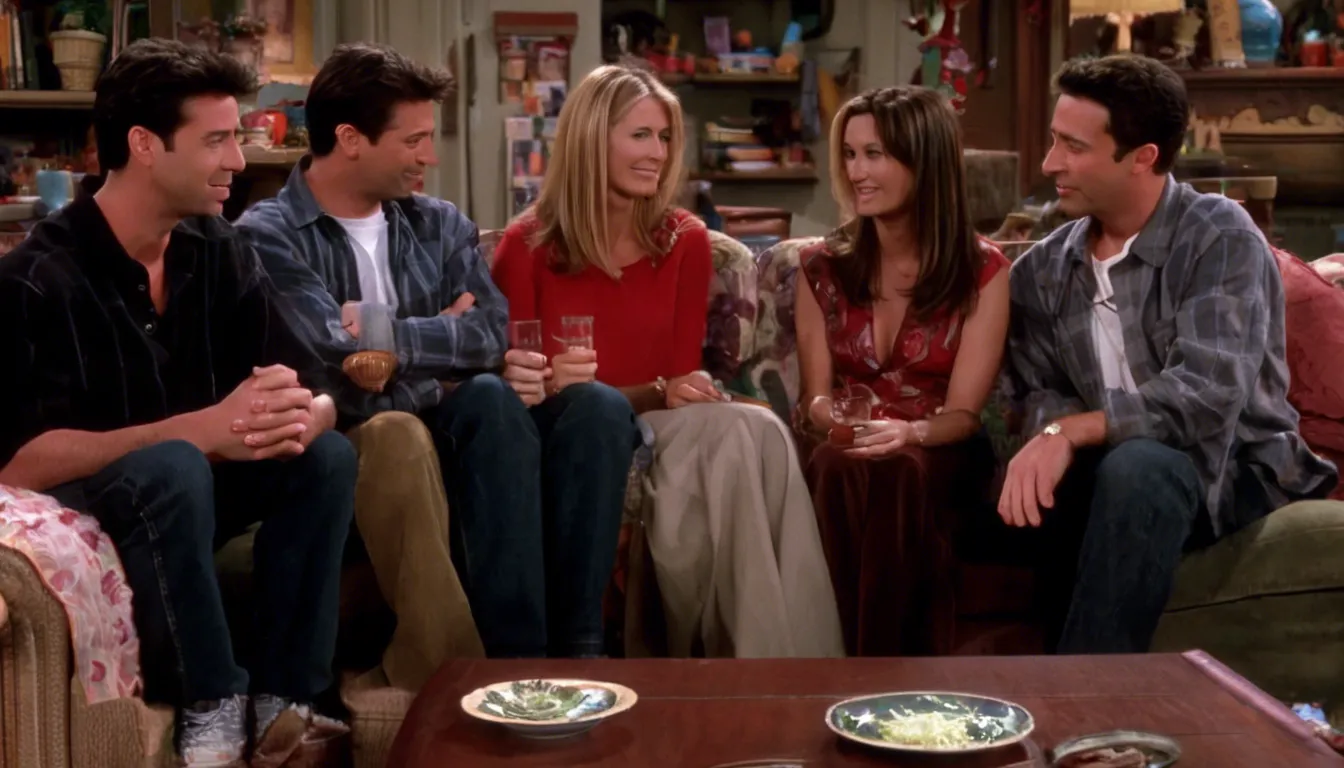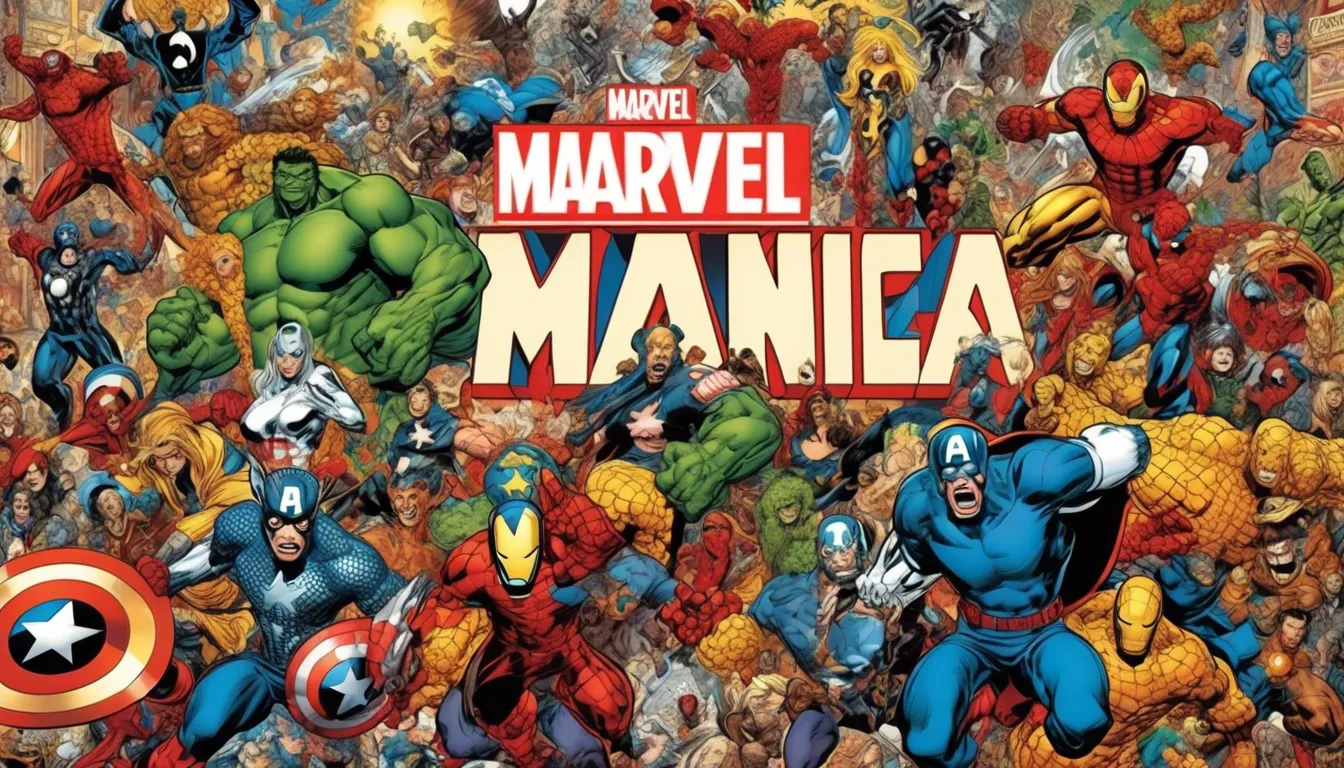Since its debut in 2011, “Game of Thrones” has become a cultural phenomenon, captivating audiences around the world with its intricate plot, complex characters, and epic battles. The medieval fantasy series has had a significant impact on television and popular culture, setting a new standard for storytelling and production value. The show’s success has paved the way for other high-budget, ambitious series to be greenlit by networks and streaming platforms.
One of the most striking aspects of “Game of Thrones” is its ability to spark conversations and debates about power, politics, morality, and human nature. The show’s portrayal of the morally ambiguous characters and unpredictable plot twists has challenged traditional narratives in television and inspired viewers to think critically about the complexities of the world we live in. Additionally, the series has sparked a resurgence of interest in medieval history, fantasy literature, and cosplay, with fans eagerly immersing themselves in the intricate world of Westeros.
Furthermore, “Game of Thrones” has had a lasting impact on the visibility and representation of women in television. The series features a diverse cast of female characters who are strong, complex, and multidimensional, defying stereotypes and traditional gender roles. The show has been praised for its portrayal of women in positions of power and agency, inspiring other television shows to follow suit. Overall, the cultural impact of “Game of Thrones” on television has been profound, shaping the way we consume and engage with storytelling in the modern era.

 The Enduring Legacy of Friends
The Enduring Legacy of Friends